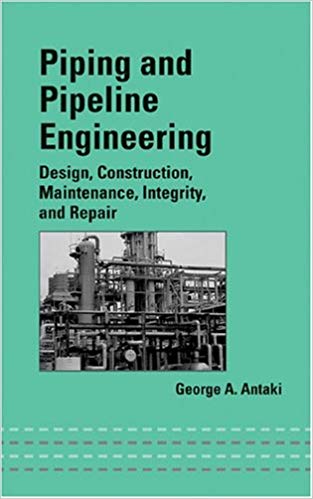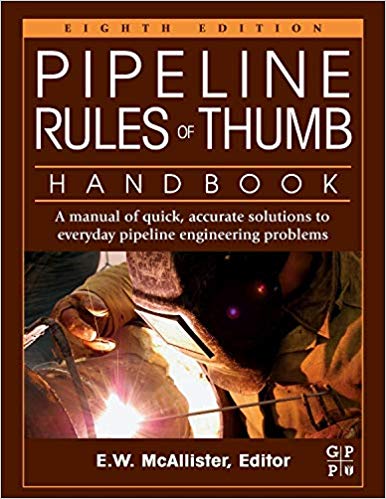Balikpapan,- PT Pertamina (Persero) for the first time exported Smooth Fluid-05 (SF-05) to 4,000 barrels to Algeria in Northern Africa. The release of 27 Isotank initial exports of SF 05 was carried out in Balikpapan, East Kalimantan, Thursday (4/7).
SF 05 is a liquid base oil used to support oil drilling activities in the operating field.
SF-05 products have good performance so that they can be used for a variety of drilling operations.
According to Pertamina's Corporate Marketing Director, Basuki Trikora Putra, the total value of exported SF 05 reached more than Rp 10 billion. Export cargo loading is carried out from July 3 to July 6, 2019, from the Balikpapan Refinery which has a production capacity of 1.8 million barrels per year.
"This initial export is the beginning of a milestone for SF-05 to be accepted in the global market. This is one of the efforts to synergize Pertamina Group, namely PT Pertamina Lubricants and the Petrochemical Trading team that collaborate in selling overseas through the Export of Prime SF-05 to Algeria. Hopefully SF-05 products can be accepted, not only by customers in Algeria, but also by customers around the world, "said Basuki.
He also conveyed that the SF-05 product had gone through environmentally friendly tests which included biodegradability, LC50 (the effect of SF-05 on marine biota), skin irritation, and eye irritation with better results than those required under US-EPA and OECD international standards.
"SF-05 meets international standards because it is more environmentally friendly than what is currently used, namely diesel oil," said Basuki who is familiarly called Tiko.
According to him, the quality of SF 05 products has been adjusted to the needs of oil fields in Algeria which have drilling mud characteristics with Specific Gravity (SG) between 1.26 - 2.06. SF 05 will be used in the production field of Pertamina Algeria EP (PAEP), which is a subsidiary of Pertamina Internasional EP with Repsol and Sonatrach (Algerian oil and gas BUMN).
At present, PAEP operates as many as 67 oil wells in Algeria. This SF-05 product will be used for development wells in 2019-2020. The initial export of the SF-05 will be used at Blok Menzel Lejmet North (MLN), Algeria
8:12:00 AM | 0
comments



















